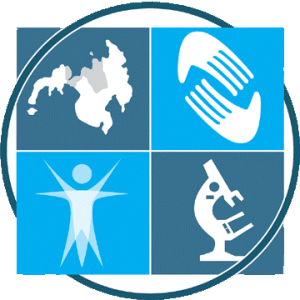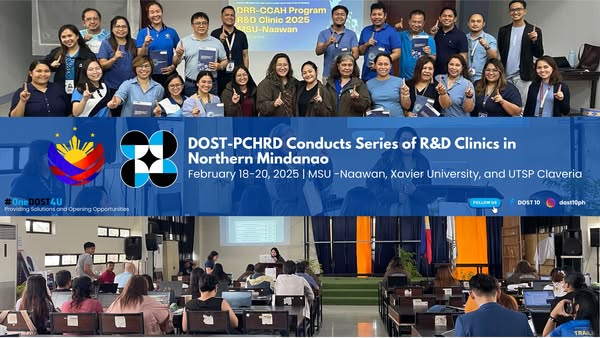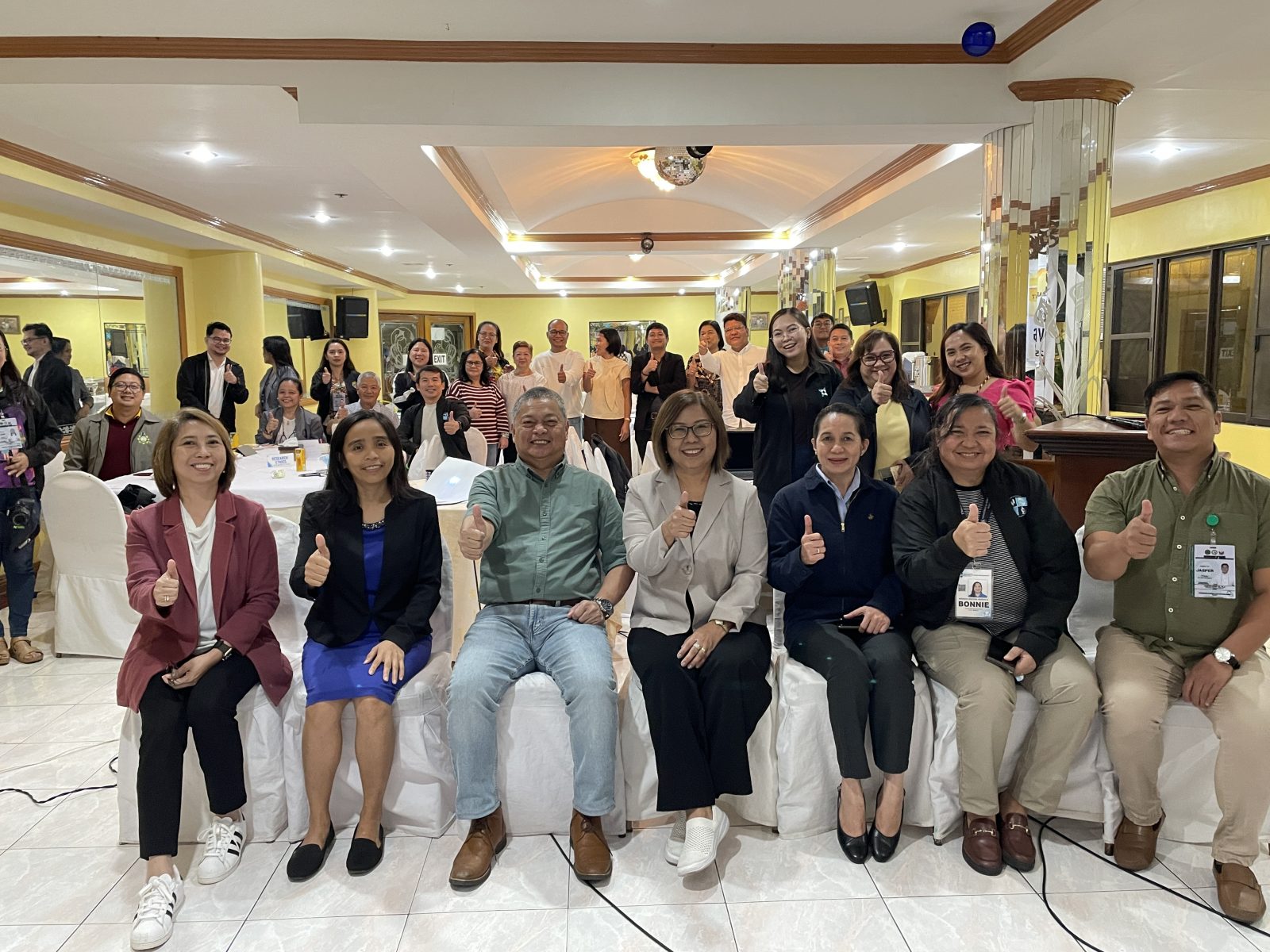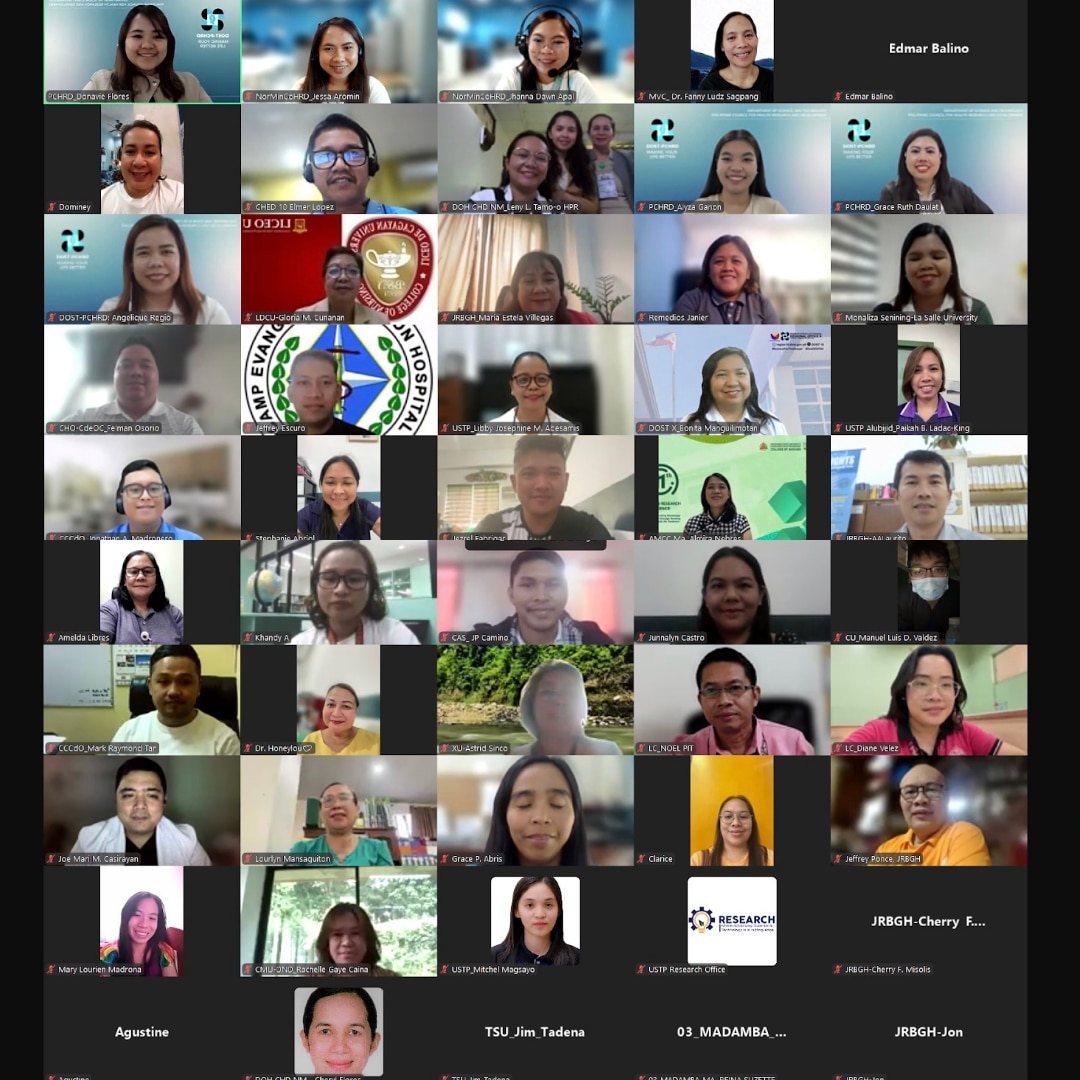The study, “Is the Philippines ready for HIV self-testing?” led by Dr. Emmanuel Baja of the Institute of Clinical Epidemiology of the University of the Philippines – National Institutes of Health (UPNIH), shows that people at risk of acquiring the Human Immunodeficiency Virus (HIV) are open to the idea of self testing, especially with the confidentiality and convenience it can offer. Although there are concerns on the regulatory policies for selling and purchasing HIV self-testing kits and policies required for its implementation which may contradict Republic Act No. 8504 (HIV/AIDS Prevention and Control Act of 1998) which requires HIV testing to be conducted only by a medical technologist, the approach is viewed as a valuable addition to the HIV testing strategy in the country.
Recognizing the urgent need for early diagnosis and management as a preventive measure against HIV, the study aimed to analyze the prospective response of high-risk individuals to HIV self-testing (HIVST) as a potential approach in increasing the uptake of HIV testing services among Filipinos.
HIV Self Testing (HIVST) is an approach recommended by the World Health Organization (WHO) “where a person collects his or her own specimen (oral fluid or blood) and then performs an HIV test and interprets the result, often in a private setting.”
HIVST may be able to address the low uptake of HIV testing in the country, raise better awareness on HIV, encourage individuals to take responsibility for their own health and reach a wider range of high-risk groups.
The study was conducted as part of the HIV Gaming, Engaging, and Testing (HIV GET) Project of the Department of Science and Technology – Philippine Council for Health Research and Development (DOST-PCHRD) in collaboration with the University of the Philippines-Manila under the Newton Agham Program of DOST-PCHRD and the Medical Research Council of the UK Government.








